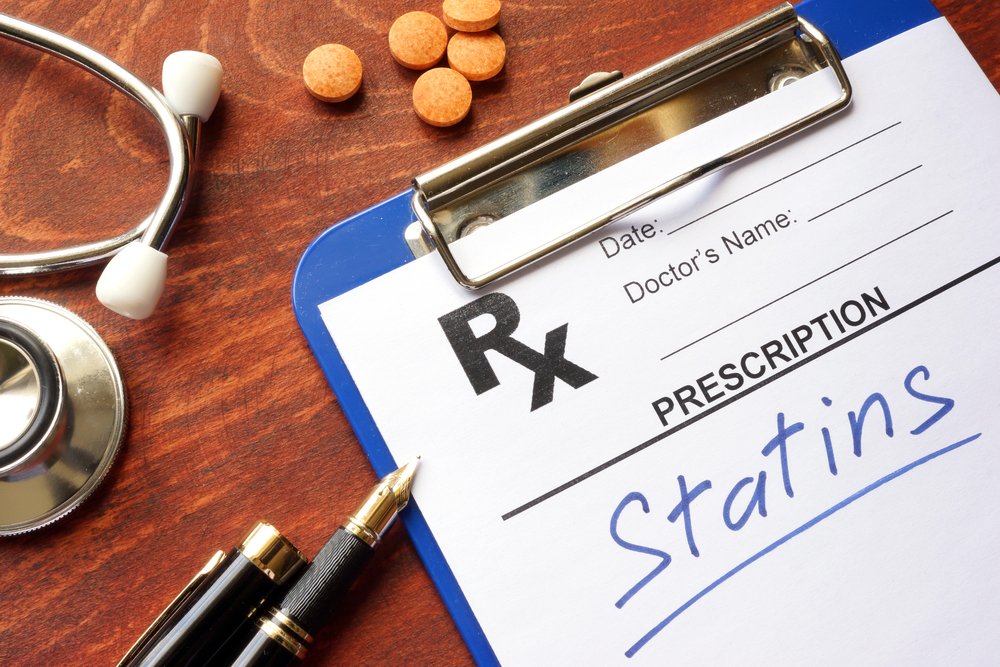Do Statins Increase Risk of Parkinson’s Disease? Some Researchers Think So

Treatment with statins may accelerate the development of Parkinson’s disease in people already at risk for this disease, according to a new study by researchers at the Penn State College of Medicine.
The study, “Projection of the prevalence of Parkinson’s disease in the coming decades: Revisited,” appeared in the journal Movement Disorders.
Previous studies have suggested that reducing cholesterol levels with statins protects against Parkinson’s, but results from other studies have been different, making it hard to reach conclusions.
“One of the reasons that may have explained these prior inconsistent results is that higher cholesterol, the main indication to use statins, has been related to lower occurrence of Parkinson’s disease,” Xuemei Huang, the study’s principal researcher, said in a news release. “This made it hard to know if the statin protective effect was due to the drug or preexisting cholesterol status.”
Using data from insurance claims of more than 50 million individuals, researchers identified about 22,000 Parkinson’s patients, of whom more than 2,320 had been newly diagnosed. They then analyzed whether these patients had used statins, and for how long, and compared it to data from healthy individuals.
Results indicated that people who had used statins risk of developing Parkinson’s disease.
“Statin use was associated with higher, not lower, Parkinson’s disease risk, and the association was more noticeable for lipophilic statins, an observation inconsistent with the current hypothesis that these statins protect nerve cells,” said Huang. “In addition, this association was most robust for use of statins less than two and a half years, suggesting that statins may facilitate the onset of Parkinson’s disease.”
The analysis also showed that high levels of cholesterol are linked to lower risk of Parkinson’s, similar to what had been shown in previous studies.
Interestingly, there have been reports that people who stop taking statins are more likely to develop the disease, implying that statins could protect against this condition.
“Our new data suggests a different explanation,” said Huang. “Use of statins may lead to new Parkinson’s disease-related symptoms, thus causing patients to stop using statins.”
However, Huang said that those who have been prescribed with statin treatment by their doctors should continue to do so.
“We are not saying that statins cause Parkinson’s disease, but rather that our study suggests that statins should not be used based on the idea that they will protect against Parkinson’s,” the researchers added. “People have individual levels of risk for heart problems or Parkinson’s. If your mom has Parkinson’s and your grandmother has Parkinson’s, and you don’t have a family history of heart attacks or strokes, then you might want to ask your physician more questions to understand the reasons and risks of taking statins.”






